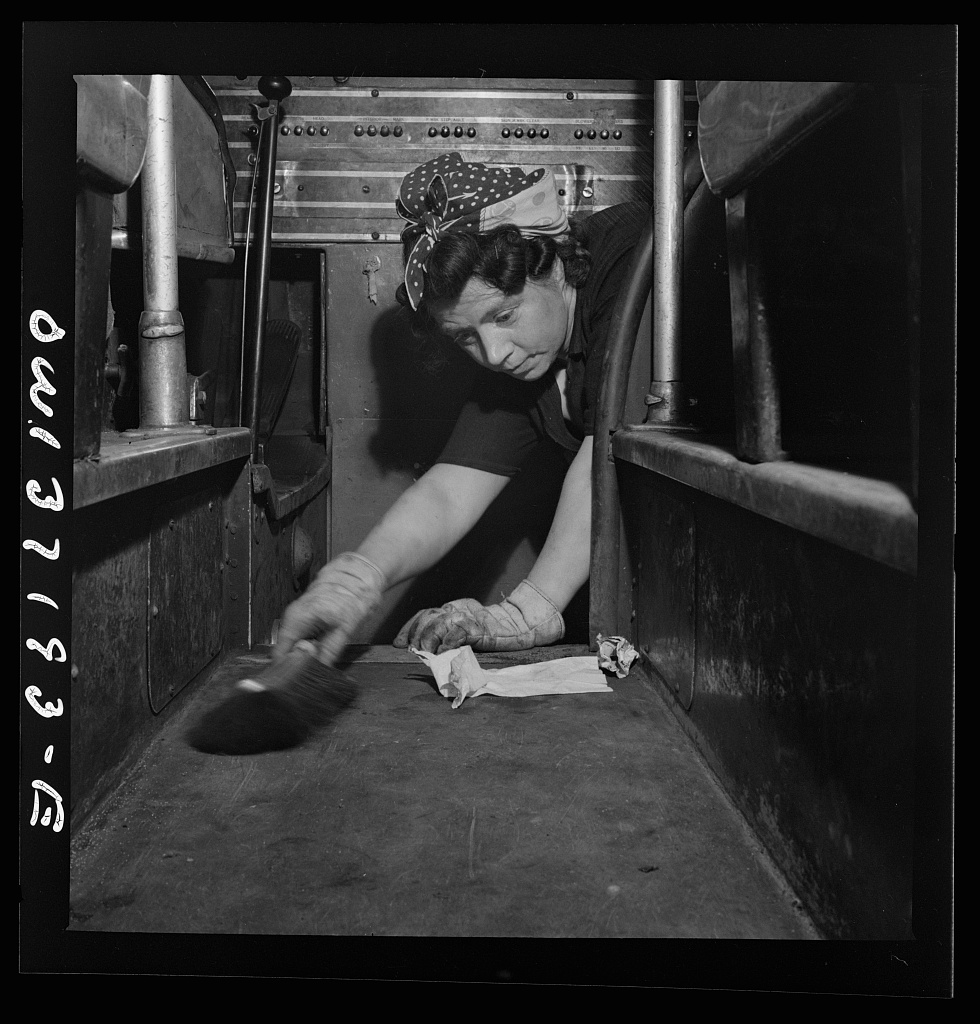- Joined
- Feb 10, 2018
- Messages
- 2,053
For some reason the phrase "a woman who does" sprang into my brain
A quick search brought up this question on English StackExchange

 english.stackexchange.com
english.stackexchange.com
Where the accepted answer is :
The OED's entry for do, under Phrasal Verbs, has an entry to do for —, whose definition 1b is:
A woman who does might have been called, in earlier times, a charwoman or daily woman.
Which led me to look up charwoman

 en.wikipedia.org
en.wikipedia.org
Food for thought, if nothing else
A quick search brought up this question on English StackExchange
What does the phrase "woman who does" mean?
I've first heard the phrase on QI (season 3 episode 6) where Stephen Fry uses it as rhyming slang for "buzz" Bill: "Woman"? Stephen: "Woman who does": buzz. Bill: Buzz.
Where the accepted answer is :
The OED's entry for do, under Phrasal Verbs, has an entry to do for —, whose definition 1b is:
They give (among others) a 1997 citation from the Daily Telegraph:colloq. To attend to; esp. to perform household tasks for, esp. as an employee.
In context, it usually refers to light cleaning and housekeeping tasks. As chasly says, it doesn't seem to include live-in servants.Mrs Simmons has ‘done for’ Mrs Lynton-Smith for 24 years.
A woman who does might have been called, in earlier times, a charwoman or daily woman.
Which led me to look up charwoman

Charwoman - Wikipedia
 en.wikipedia.org
en.wikipedia.org
A charwoman (also chargirl, charlady or char) is an old-fashioned occupational term, referring to a paid part-time worker who comes into a house or other building to clean it for a few hours of a day or week, as opposed to a maid, who usually lives as part of the household within the structure of domestic service. A charwoman might work independently, often for cash in hand, or might come through an employment agency.
Food for thought, if nothing else


